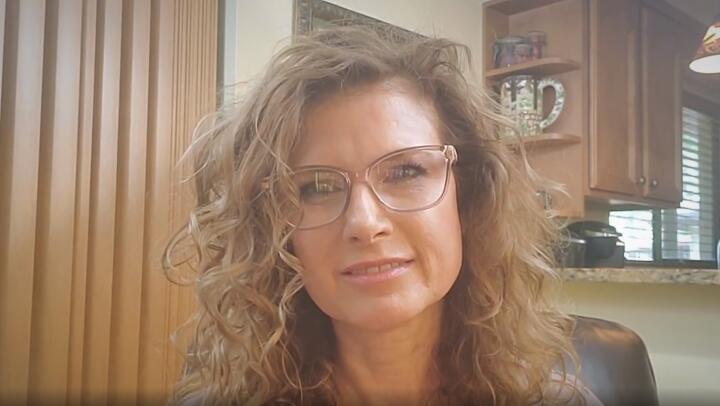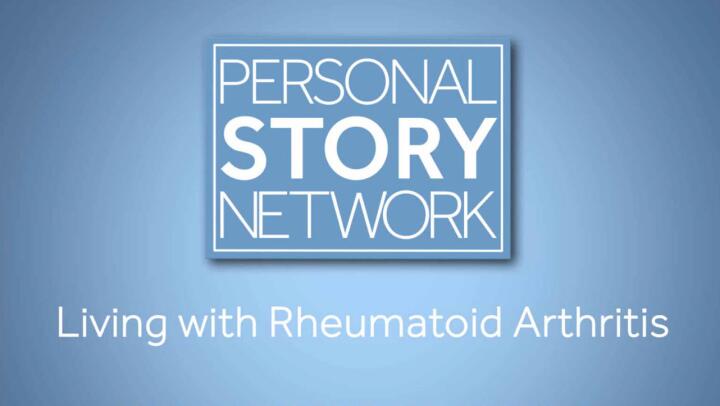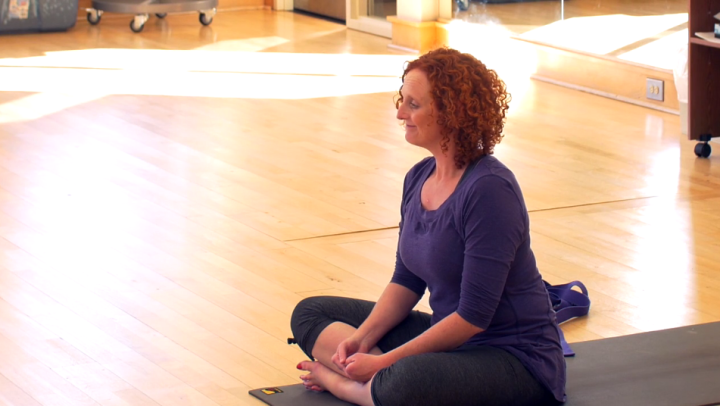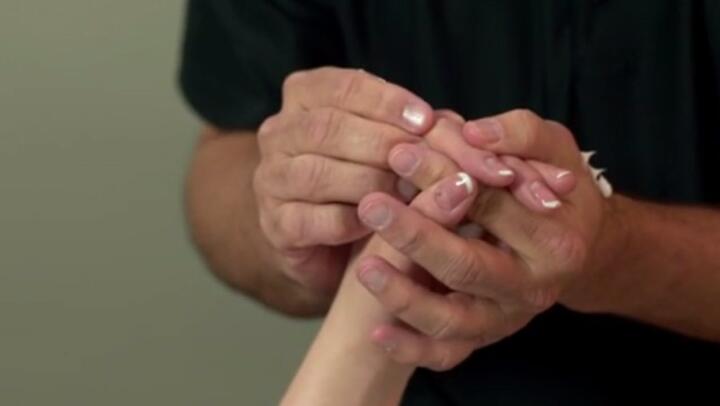
Living with a painful chronic disease can lead to increased stress. In particular, stress and rheumatoid arthritis (RA) go hand in hand because RA is a progressive disease that can affect—and damage—almost any part of the body. RA can make performing daily tasks more difficult and create real reasons to worry about your health.
RA often means a lifetime of facing unexpected challenges, increased medical costs, and people who don’t understand—while at the same time managing difficult, painful symptoms. Reducing stress with RA can seem like a daunting task. And yet it’s especially necessary because stress increases pain levels and drains mental strength.
Unfortunately, there’s no magic solution, but these straightforward steps can help reduce stress with RA.
Failing to meet expectations is stressful, especially when they’re your own. That’s why realistic expectations are your friend. It’s hard to change what you expect of yourself, but adjusting expectations doesn’t mean you’re letting the disease win! It took me years to revise what I expect myself to do each day when I wake up in the morning, but I’m happier now that I’ve narrowed down my list to just the priorities.
Get a massage, walk on the beach, get your hair done—there are many possibilities. Taking care of yourself takes on new meaning with a systemic chronic disease. I like to remind myself of of a mantra I’ve adopted: Treat yourself like someone you are responsible for helping.
Your medications are crucial to reducing symptoms and preventing RA from getting worse. Make informed decisions with your doctors and then stick to the plan. If you feel like a medication isn’t working, or if you can’t tolerate side effects, talk to your doctor about other solutions.
Just being listened to can really relieve stress. Try to have at least one person you can call who can handle hearing about what’s bothering you. If you don’t want to reach out to your friends or family, look into joining a support group, or post on an online chatroom for people with RA. Whatever you do, express your frustrations so they don’t stay pent up in your head.
Do things that lift your spirits. For many, it’s time in nature. Others are uplifted by music, from a live concert to a new album download. Make time to do things you’ve always loved or substitute something similar; if you can’t go on a long road trip, how about a day trip? Regularly incorporate these things into your schedule. Taking care of your RA doesn’t just mean resting–you’ve got to fill your life with activities you enjoy to really ward off the stress.
Exercise is standard advice for reducing stress because physical activity lowers the stress hormone cortisol while releasing helpful endorphins. However, with RA, physical abilities vary greatly, even from day to day. For many years, I’ve given this advice: Do what you can. If you’re able to walk, then walk, and if you're able to run, run. If you’re only able to stretch today, then stretch to your full range of motion.
If RA stress becomes overwhelming, seek out a counselor who knows about the stress of chronic illness and pain. You may feel like you must keep trudging onward or hiding how hard it is, but a guideline in my life has been to run toward help. Take your burden off your shoulders and work through it with someone who is specially trained to help people like you.
A support group can change your life. It reminds you that you aren’t alone—even if you just sit quietly. And being with others who have similar struggles can help you learn new strategies and ways to cope with your RA.
Doing some normal, everyday things used to make me feel totally helpless and stressed out. Fortunately, I started to use special jar openers and other assistive tools that can empower me to do more without asking for help. Over the years, I’ve found a work-around or solution to many similar problems, and they’ve been a game-changer. I feel more competent and confident, and my stress related to these tasks has melted away.
Living with RA means you have to be careful with where you’re spending your energy. Assess your schedule and cut out things that drain your strength or create stress. Your health is worth missing that PTA meeting or asking your significant other to pick up the kids from soccer practice. When you take some things off your plate, you might be surprised at the level of relief you feel.
Reducing stress with RA is an important part of managing this complex disease, and it’s possible with a little bit of planning. Lowering stress won’t cure RA, but it will make you feel better in general and help you take on the world–and your disease–with more confidence.




